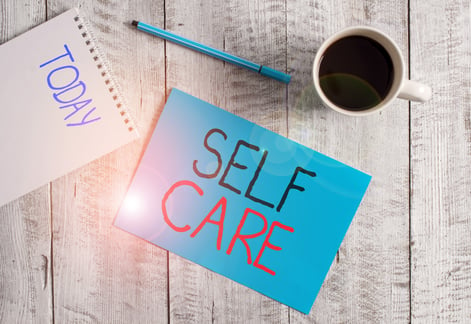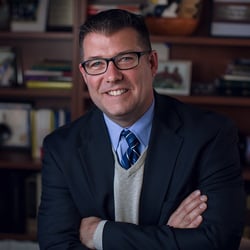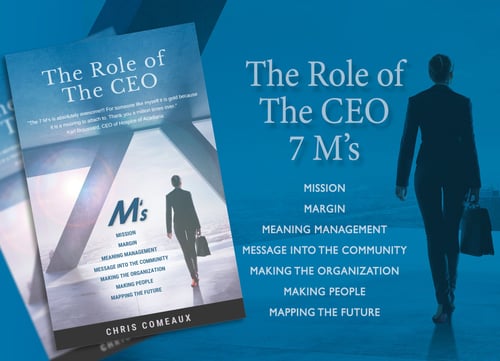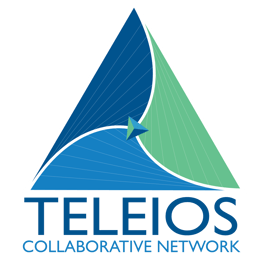
What is going on with our dedicated healthcare workers? Have you spoken with anyone who works in healthcare lately? Now that we are 10 months into the COVID-19 pandemic, with cases currently on the rise, we see healthcare workers literally walking off shifts and not returning, looking for non-patient care positions, or walking away from the profession all together. If you really want to tick them off, call them a “healthcare hero”, they are pretty tired of that.
What’s going on, and why would anyone be tired of being called a hero?
The answer is complicated but definitely worth unpacking.
The war we were all expecting back in April and May of last year, when COVID was first hitting, is now fully upon us. The worst of the war has been hitting since early December and is continuing. It will probably get worse these next few weeks going into late January as we are post-holidays. Healthcare workers are pretty overwhelmed right now, many majorly so, due to being on the front lines caring for COVID patients. My heart goes out to them, I pray for them, and I hope they are getting the support they need.
Because I work primarily with hospice and palliative care team members, I’ve learned through their recent experiences that they, too, are tired, but for different reasons than those who are dealing with overflowing hospitals and ICUs.
At the beginning of the pandemic, I wrote a couple of blogs to inspire our healthcare workers, especially those in hospice and palliative care, and I gladly referred to them as heroes.
Leadership During Times of Crisis and This Is What We've Been Training For
In those blogs, I drew comparisons to soldiers in some of our nation’s most historical moments, such as the Greatest Generation who fought in World War II. I quoted my grandfather, a WWII veteran, who I got to interview for a school project when I was 12 years old. I’ll never forget my grandfather’s most impactful words during that conversation: “We weren’t trying to be heroes; we were just trying to do the right thing and make it home alive.”
I thought I understood what that quote meant this past spring, but now I understand it on a very different level.
Having been deployed for two years, my grandfather knew the beginning from the end when it came to war and heroism. It’s one thing to be called a hero in the beginning, when you can draw inspiration and strength from the words because you hardly know what you’re facing, but it’s quite another when the taxing effects of war have taken their toll, there’s no end in sight, and you would give anything for the it to be over. Our healthcare workers have reached a similar point: weariness has set in, and they just want this darn sickness to be over. We all do.
Though our intentions are certainly good in using the term “Healthcare Heroes”, I’d like to explore some alternative ways we can actually help healthcare workers during this time:
I recently had a discussion with two hospice nurses, both of whom I greatly respect, and both of them shared with me something similar to the above about being weary. They then shared with me two specific things that are wearing on them, which I believe hospice and palliative care leaders need to hear:
- In inpatient units, the family members are having to adhere to very strict visiting parameters which is taking one of the greatest joys away from hospice care. The family completes the circle of love that is this amazing thing we call hospice care. When we remove them from the equation, even with the best of intentions for safety, hospice becomes like pretty much any other healthcare job. What do we do as COVID risks aren’t going away? Can leadership get together and figure out how to loosen up overly restrictive visiting guidelines where more of the family is allowed to visit, while still practicing good safety precautions? I believe so, and I believe staff need to be involved in these discussions so that their voices are heard clearly.
- Constantly changing guidelines are wearing on our teams. Even guidelines coming from the CDC and other entities in authority seem to be constantly changing as well. Here is a direct quote from a line level staff member: “In the beginning, we got it that things would change, but now it is just one more thing because it seems each day or each shift there is something new. You just get numb to it and you quit paying attention, you just want to make it through the day.” That’s not a good space for staff nor for those we care for. It would be wise for us, as leaders, to look at specific decisions around PPE, visitation, etc. and stick with those decisions – even if they aren’t perfect – to aid in reducing burnout and weariness. If we can make decisions and commit to stick with those for at least 60 days before changing something else, I believe we’d truly be achieving the support and help we want to give our staff.
A Message to Staff
In this last section, I’d like to speak directly to staff. I know you are tired and weary.
John Locke, a very good friend of mine, has much to share on the wisdom of sports psychology and the application of professional athletes’ endurance to the regular workplace. I’ll be interviewing him on a podcast I’m starting later this month, and during our preliminary conversation he shared the following wisdom:
“My advice to people is to think about four dimensions on a pyramid. At the bottom is physical, then emotional, then mental, and at the top is spiritual/purpose. This should sound very familiar to us hospice veterans. Each person needs to tend to all four areas in their life to be at the top of their game.”

I also recently interviewed a long-term hospice veteran at Four Seasons, Les Stephenson, RN. I asked Les how she was taking care of herself during this challenging time and, like a lot of wonderful hospice and palliative care staff, she too is weary and tired. But I didn’t sense quite the same fatigue I’ve sensed from others I’ve talked to. Then, Les shared a great quote with me: “Radical times require radical self-care.” She shared how she was taking care of herself physically more so than at any other time in her career. She also shared some of the spiritual practices she has adopted including a prayer space she has set up in her bedroom.
This affirmed what John was telling me. I hear how burnout is prevalent and even some healthcare workers are leaving the field and saying they will never return. I wonder how many of them are tending to the physical, mental, and spiritual part of their lives? I know for some to even find the space seems impossible, but it breaks my heart to hear talented dedicate people are walking away from their life’s work.
That old parable Stephen Covey shared about the guy sawing away in the woods applies here. If you’ll remember, he was worn out sawing away with a dull saw and a person came along and said, “Why don’t you stop and sharpen the saw?” The character sawing responded incredulously, “I don’t have time to stop and sharpen the saw!”
Right now, sharpening the saw is the difference in finishing the race well or perhaps not finishing at all. Taking time to care for ourselves physically, emotionally, mentally, and spiritually will make all the difference in the world during this time. If you have trouble “sharpening the saw”, pause for a moment and consider why. I can promise you this: you are worth it, your purpose is worth it, and you will feel more like the hero you are when you do.
It may seem impossible to find time to take care of yourself, but you need it as much as the air that you breathe, especially now. Everyone is rooting for you because we need you. And we need the best version of you – the hero that you are.
Chris Comeaux, President / CEO of Teleios Collaborative Network

If you want to learn more about
the TCN Leadership System
shoot us an email at ccomeaux@teleioscn.org
Teleios University (TU)
Program Launch: January 21-22, 2021
Discover More
Download the eBook below and unlock
your true self-leadership potential.

An organizational model that allows not-for-profit hospices (Members) to leverage best practices, achieve economies of scale and collaborate in ways that better prepare each agency to participate in emerging alternative payment models and advance their charitable missions.
Related Posts
Value-based Care: A Cliché or a Reality?
I have spent nearly twenty years in healthcare focused on care delivery for patients with advanced...
Managing the Serious Illness Population: Aligning the Healthcare Ecosystem
“Quality is never an accident; it is always the result of high intention, sincere effort,...
Keeping an Eye on Organizational Risks
Compliance – that’s a word that causes many people in all types of industry to flinch. But in...



